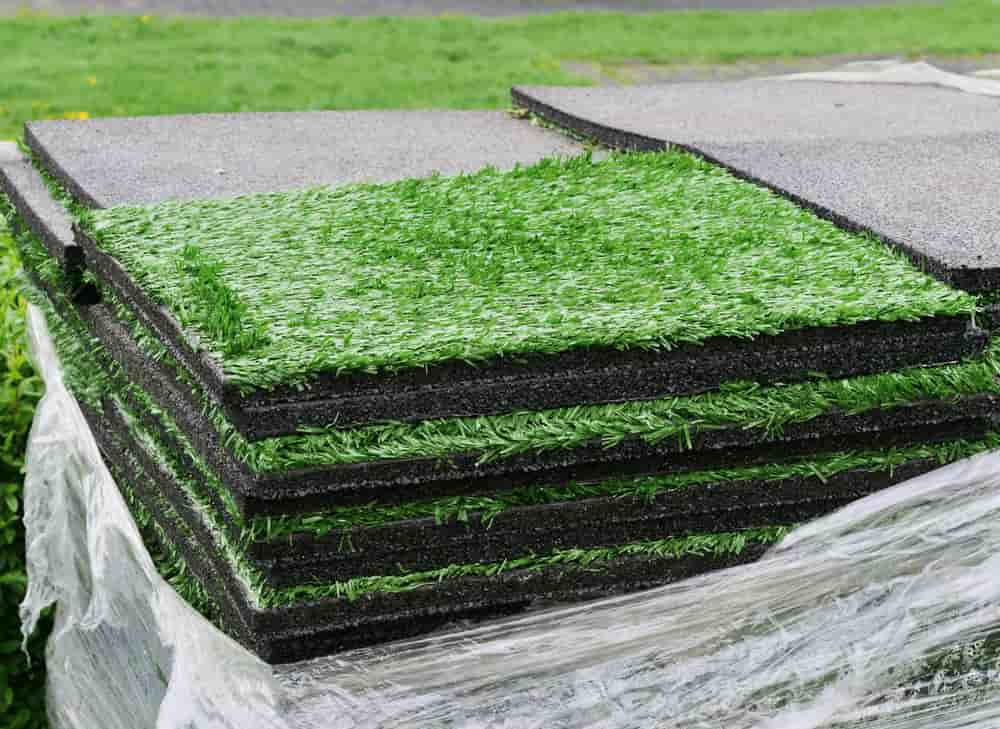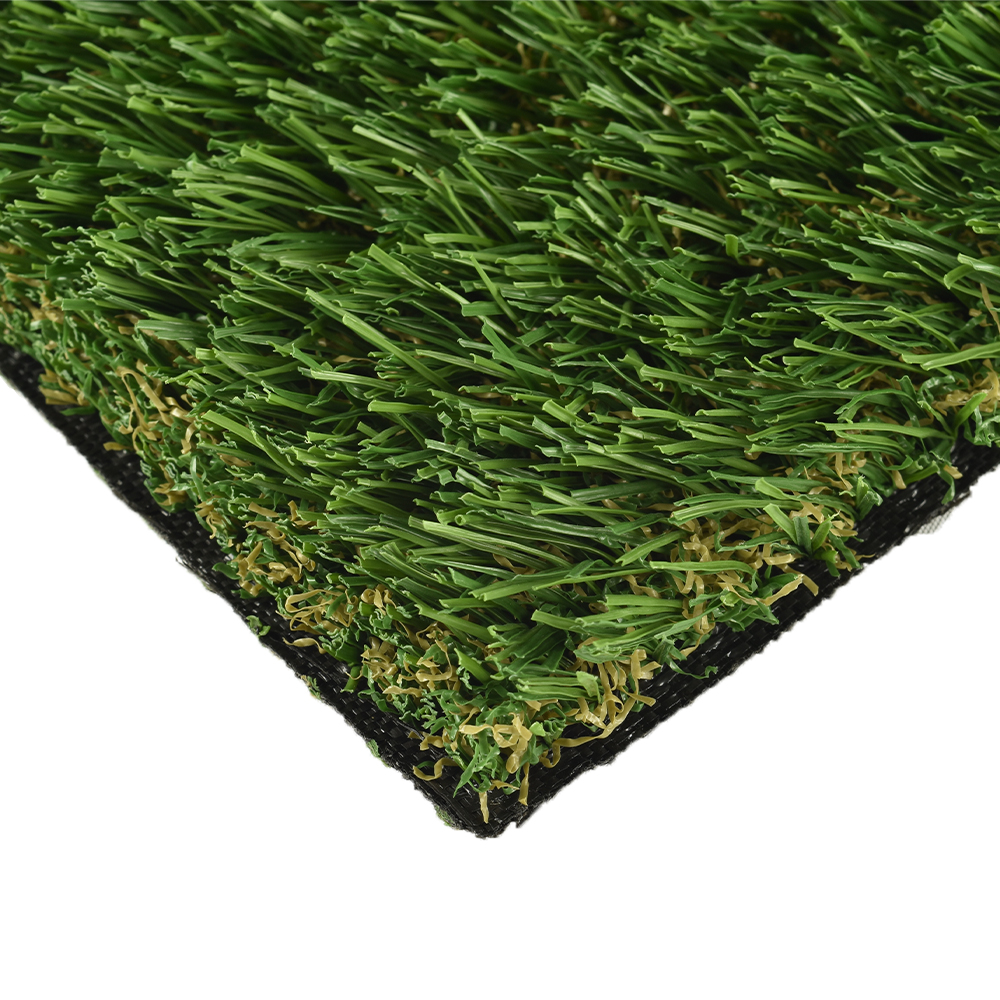Affordable Turf Installation Phoenix AZ for a Low-Maintenance Lawn Option
Look Into the Environmental Conveniences of Opting for Artificial Turf Solutions
The adoption of artificial lawn options presents an engaging chance to address pressing ecological difficulties. By dramatically reducing water use and reducing the application of damaging chemicals, these choices not only promote sustainable landscaping yet likewise secure neighborhood ecological communities.
Water Preservation Conveniences
One of the most substantial advantages of synthetic turf is its ability to preserve water. Standard turf lawns call for considerable irrigation, specifically in locations vulnerable to dry spell or water restrictions. On the other hand, synthetic grass does not need watering, dramatically decreasing the overall demand for water resources. This feature is particularly helpful in arid areas where water scarcity is a pushing concern.
By eliminating the demand for regular watering, synthetic grass adds to lasting landscape methods and helps reduce the environmental impact of too much water consumption. Furthermore, the preservation of water extends to the decrease of runoff, which can lead to soil erosion and river air pollution.
In addition, the installment of synthetic grass allows communities and home owners to assign water sources much more effectively, concentrating on vital uses such as alcohol consumption water and agriculture. The shift towards fabricated lawn not just advertises liable water usage but additionally lines up with more comprehensive ecological objectives focused on preserving natural resources.
As communities significantly focus on sustainability, the water conservation benefits of synthetic grass offer an engaging situation for its adoption in property and business landscape design projects.
Reduced Chemical Usage
The transition to man-made turf substantially lowers the dependence on chemical treatments frequently made use of in all-natural grass upkeep. Typical grass management usually includes the application of pesticides, herbicides, and plant foods to advertise growth and control pests. These chemicals can present dangers to human health, regional wildlife, and the atmosphere, adding to dirt and water contamination.
In contrast, man-made lawn gets rid of the requirement for these damaging substances. Once set up, it requires very little upkeep, largely containing normal cleaning and infrequent infill replenishment. This decrease in chemical usage not only profits the immediate environment but also adds to broader environmental stability. By lessening the release of synthetic substances right into the community, synthetic grass advertises much healthier soil and water supply.
Additionally, the absence of chemical drainage connected with artificial turf installations helps protect neighborhood waterways from pollution, sustaining aquatic life and preserving biodiversity. Artificial turf companies phoenix. As communities progressively focus on lasting methods, choosing synthetic grass provides a sensible remedy that straightens with ecological conservation goals. Through this shift, residential or commercial property owners can delight in rich eco-friendly rooms without endangering ecological health, leading the way for a more lasting future
Reduced Carbon Impact

Moreover, the installment of synthetic grass can lead to substantial water conservation. All-natural grass need substantial quantities of water for watering, which not just includes to the carbon footprint connected with water removal and therapy but likewise pressures neighborhood water resources. In comparison, synthetic grass needs minimal maintenance, needing no watering, thus significantly minimizing water use and its linked energy prices.
Additionally, the durability of synthetic grass contributes to its decreased carbon effect. With a life expectancy of up to 15 years or even more, the demand for constant replacements is reduced, causing less waste and reduced energy consumption in manufacturing and throwing away typical lawn choices. In general, synthetic turf provides a sustainable alternative for ecologically aware landscaping.
Habitat Preservation
Environment preservation is a crucial consideration Home Page in the argument over landscape design options, specifically when contrasting synthetic grass to all-natural yard. All-natural lawn lawns commonly need substantial upkeep, consisting of making use of plant foods, pesticides, and herbicides, which can detrimentally influence regional communities. These chemicals can seep right into the soil and waterways, damaging indigenous vegetation and animals and disrupting local habitats.
Man-made lawn gets rid of the need for harmful chemicals, consequently securing close-by wildlife and keeping the stability of surrounding communities. The setup of artificial grass can lead to the conversion of former grass areas into even more biodiverse landscapes, such as pollinator yards or indigenous plant locations, which can sustain regional wildlife.
Inevitably, the change to artificial turf not just saves water and minimizes maintenance initiatives however likewise promotes a much more harmonious connection in between human activities and the natural atmosphere, advertising environment preservation at the same time.
Long-Term Sustainability
Long-term sustainability is a critical consider reviewing the advantages of synthetic grass over traditional yard yards. One of the most significant advantages of synthetic grass is its durability; it can last approximately 15-20 years with very little maintenance, whereas natural grass needs frequent reseeding and replacement. This long life decreases the requirement for consistent resources, such as water, plant foods, and chemicals, which are important for keeping a healthy and balanced turf yard.
In addition, synthetic grass adds to a decrease in carbon exhausts connected with yard treatment equipment. Conventional yards frequently require gas-powered mowers, trimmers, and blowers, every one of which add to air pollution. Arizona turf. In comparison, artificial grass gets rid of the demand for such devices, promoting a cleaner environment
Moreover, the manufacturing of synthetic grass significantly utilizes recycled products, boosting its sustainability profile. As producers embrace green practices, the environmental footprint of click for more fabricated lawn continues to lessen.

Verdict
The adoption of man-made lawn read the full info here options provides substantial ecological benefits, consisting of substantial water preservation, reduced reliance on hazardous chemicals, and a reduced carbon footprint. Artificial turf help in maintaining all-natural environments by minimizing land disturbance and promoting long-term sustainability with the usage of resilient materials. Collectively, these aspects underscore the potential of artificial turf to add favorably to environmental wellness and provide a practical choice to traditional landscape design methods in a progressively resource-conscious globe.
In comparison, artificial turf does not require watering, significantly decreasing the total need for water resources. By lessening the launch of artificial compounds into the environment, man-made turf promotes healthier dirt and water systems.
Additionally, the installation of synthetic lawn can result in significant water preservation. In contrast, synthetic lawn requires minimal upkeep, calling for no watering, consequently considerably lowering water usage and its linked power costs.
